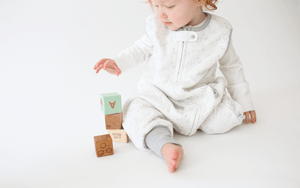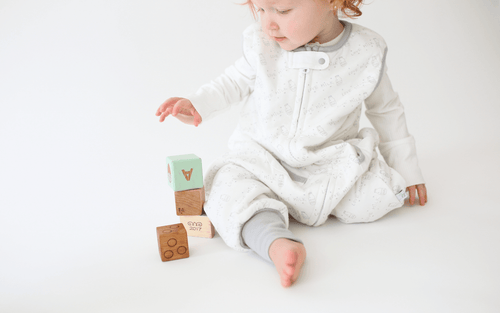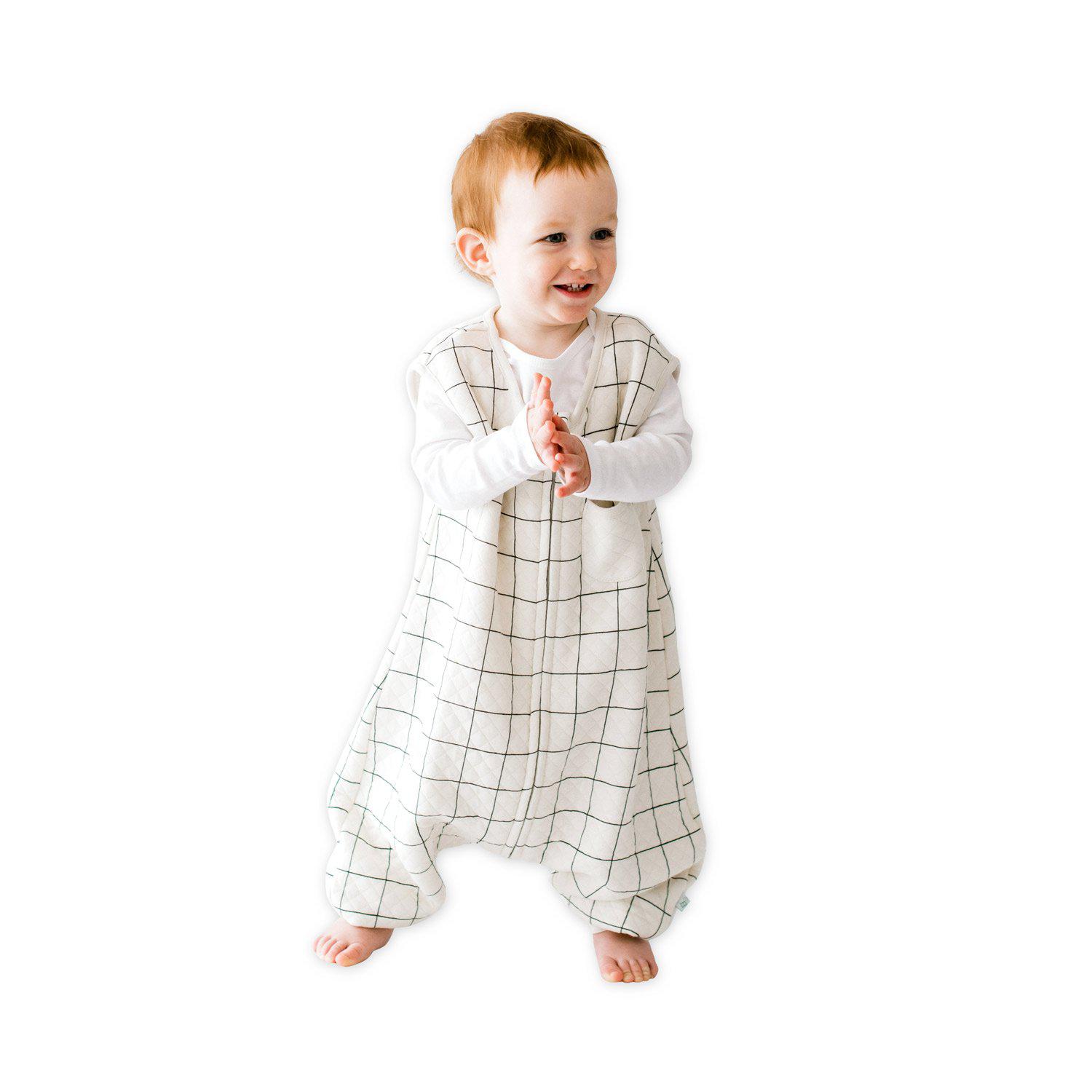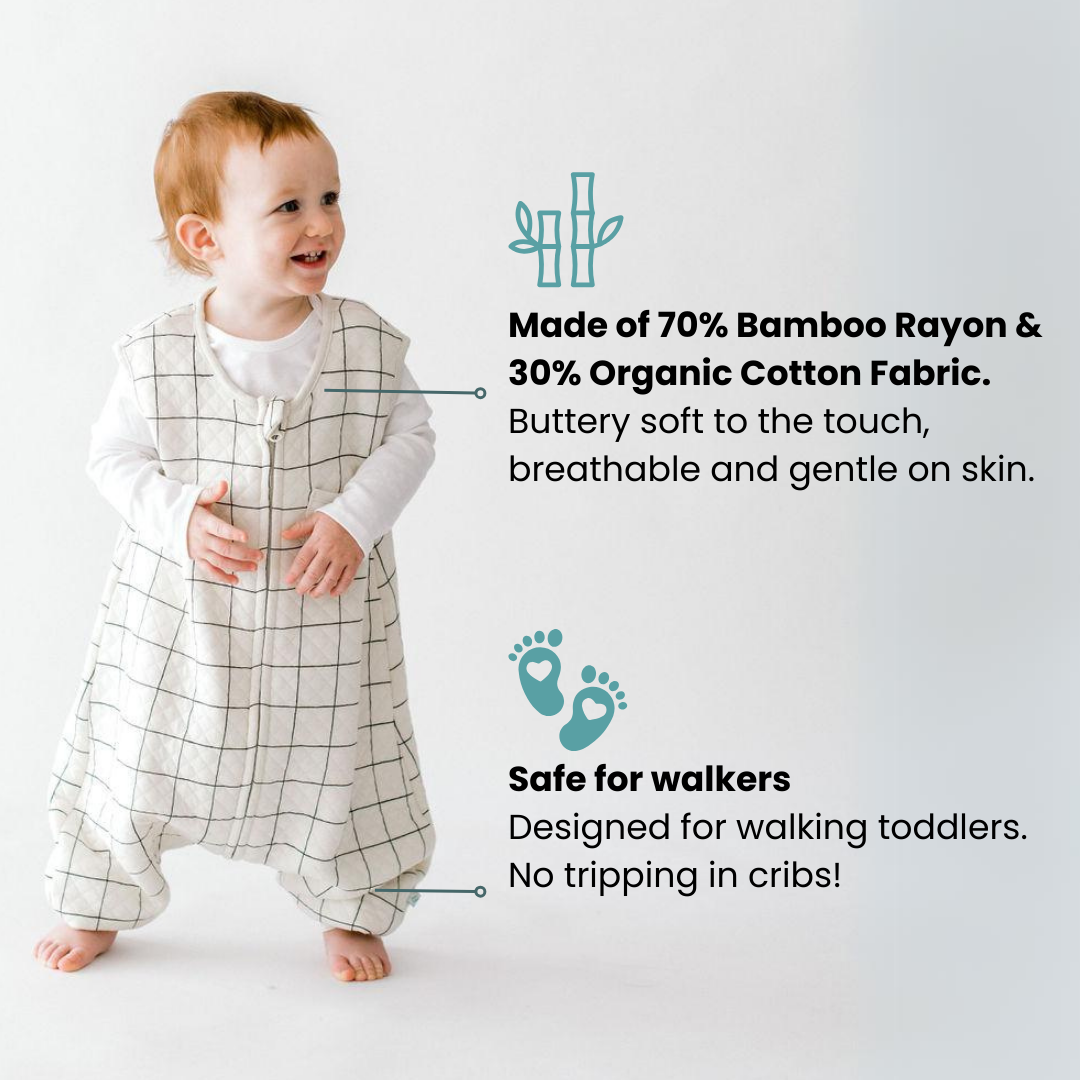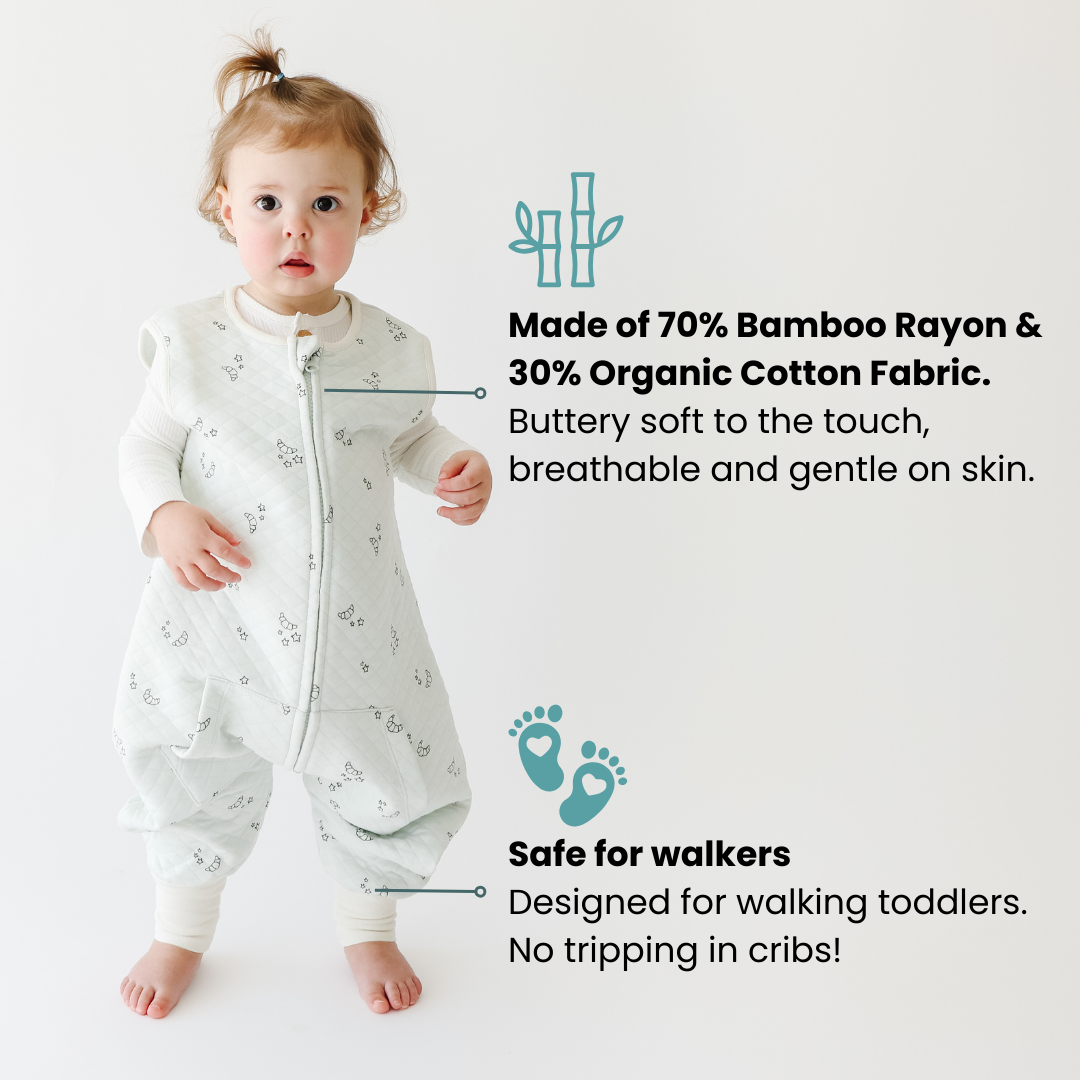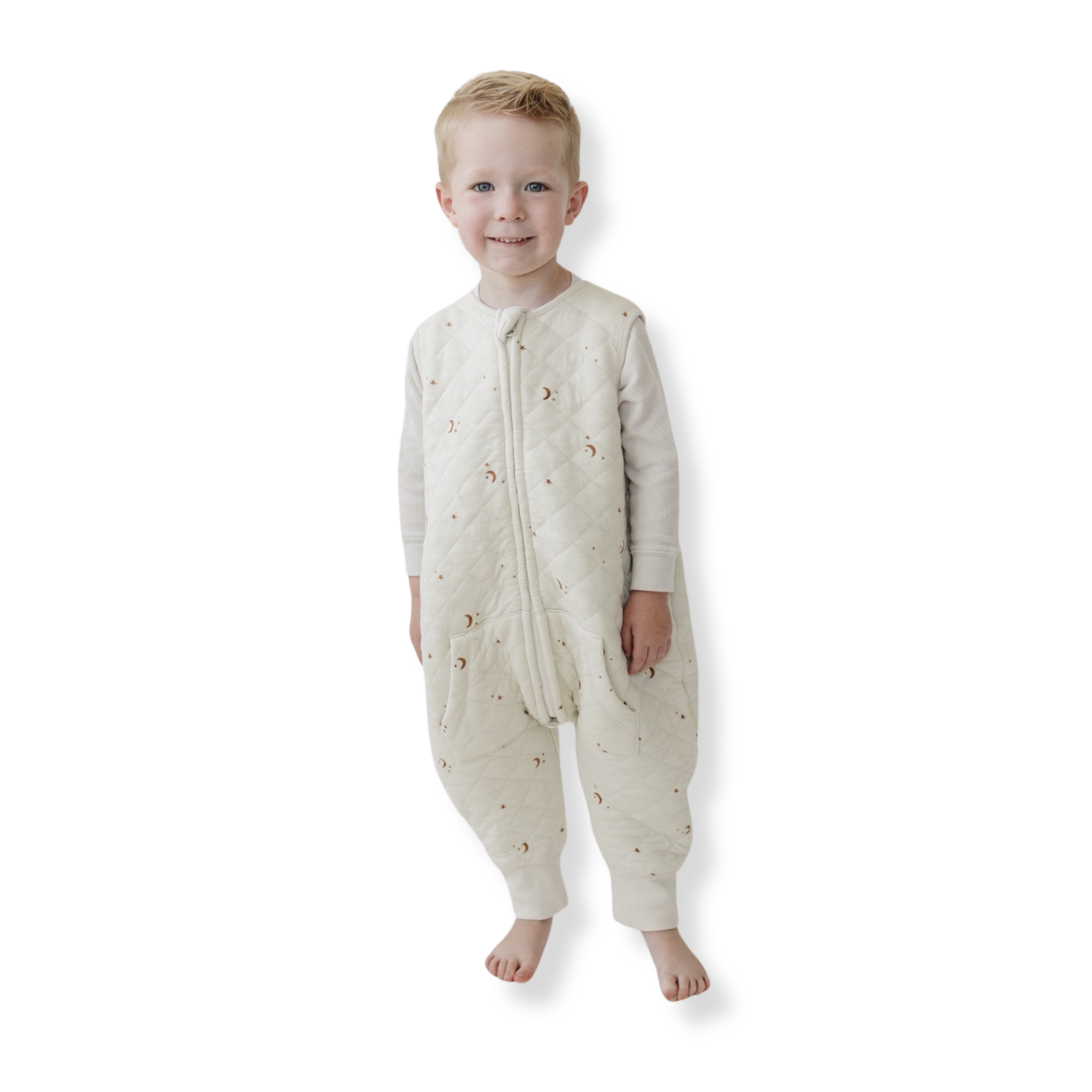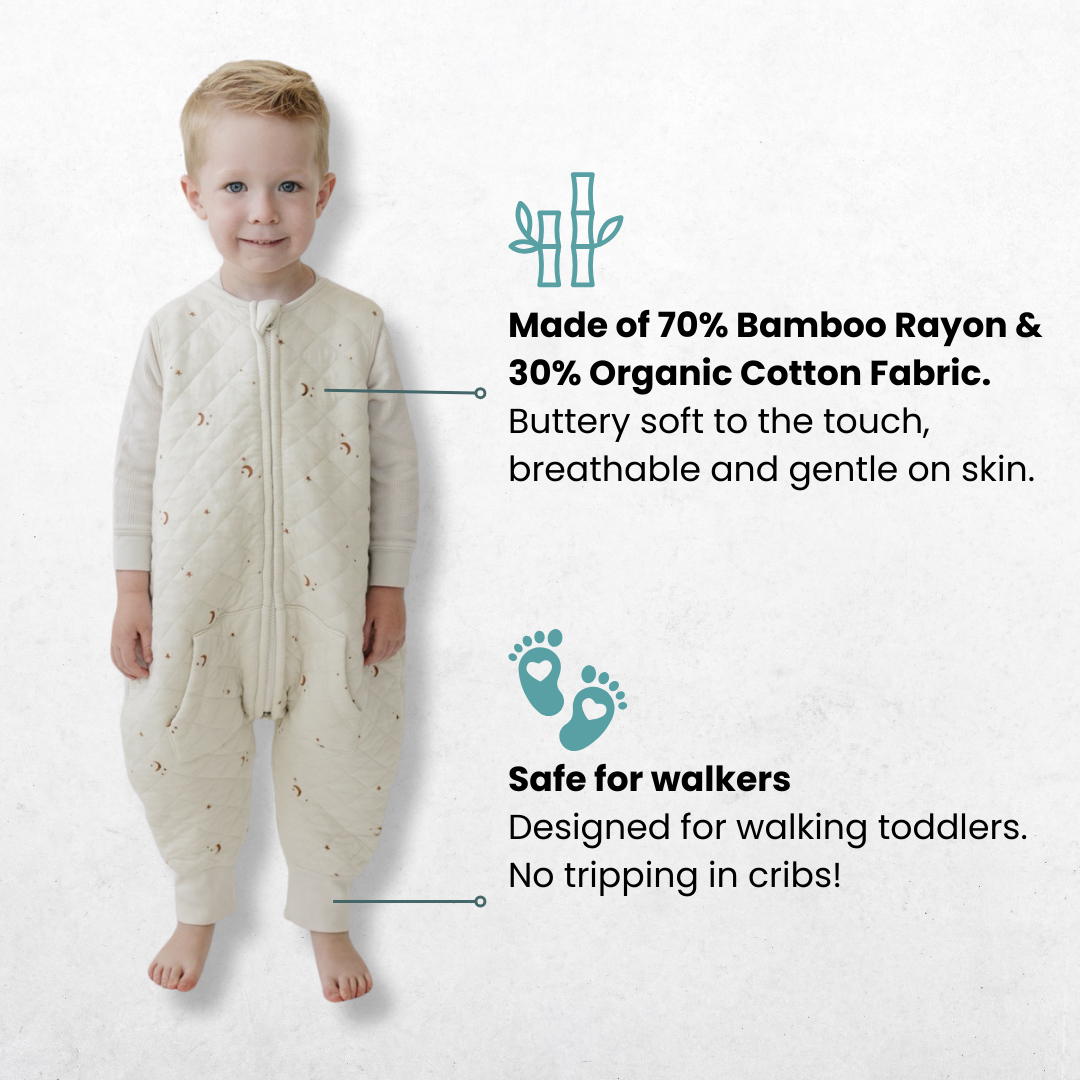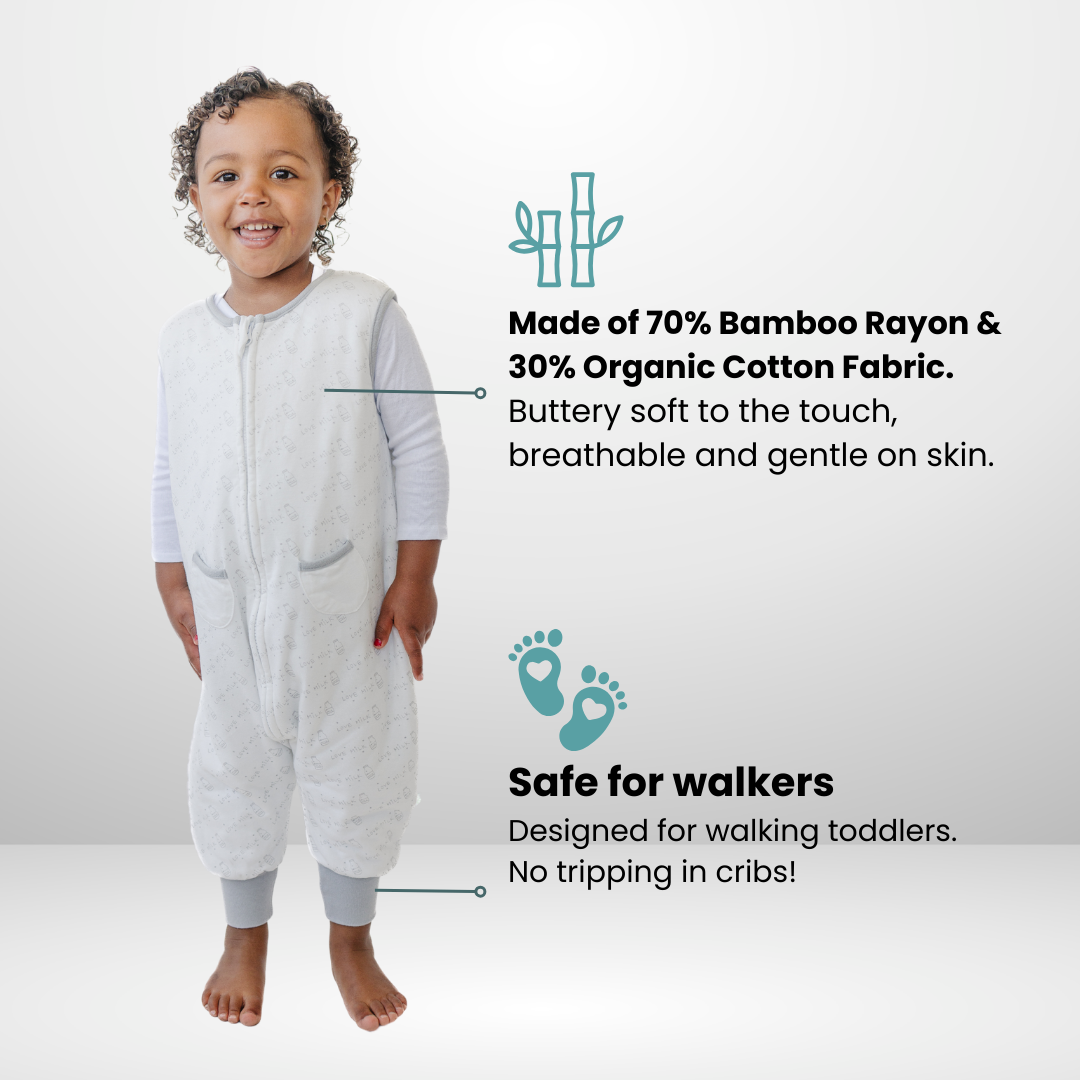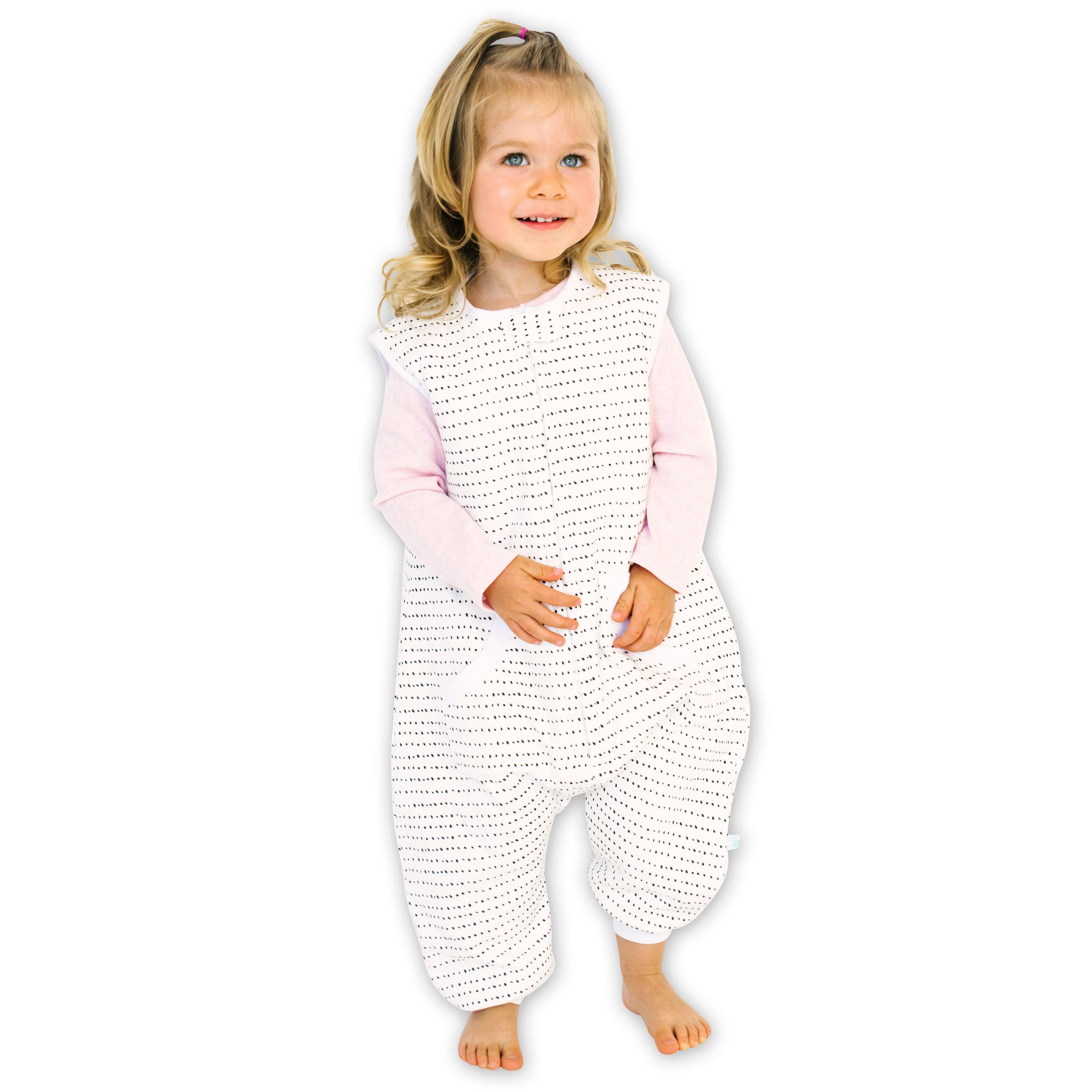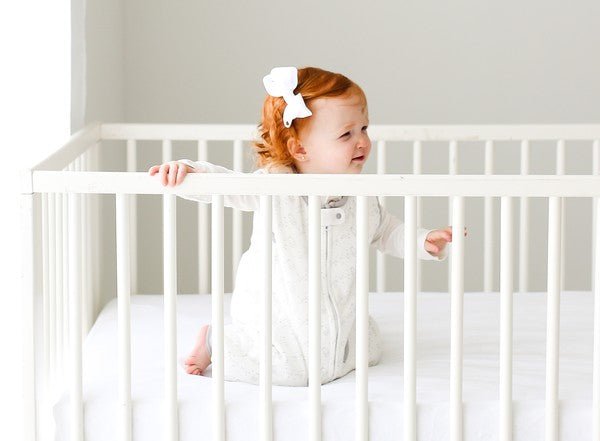5 Things You Must Know To Help Your Baby To SLEEP

Are you struggling to get that extra sleep with your baby?
Are you rocking your baby, bouncing on the yoga ball, wearing your baby, whatever it takes to have your baby sleep calmly with limited fuss?
You wonder how long you can go on…rocking and bouncing your baby with your increasingly aching wrist and shoulder….
This is for you. Get more sleep while your baby sleeps!
5 Things You Must Know To Help Your Baby To Sleep
1. Put Your Baby Down Early
We sometimes rely on queues the baby gives – yawns, fussing or crying to know if the baby needs to be put down. But here’s the thing, when the baby is yawning, fussing or crying, he/she might be too tired already.
Babies younger than 4 months quickly become overtired after only one-two hours of wakefulness, and some cannot comfortably stay up for even one hour!
This 1-2 hours includes everything from the moment he wakes up, to feeding the baby, doing a diaper change, maybe giving him a bath, and a bit of play time. If your baby is a slow eater, this might mean that by the time you are done feeding and changing the diaper, the baby is tired already or you may only have 10-20 minutes of playtime before he needs to be put down. You might think that she just woke up and ate but to the baby, this might be a long time and tiring activity.
So, do you monitor how long the baby has been up? Have you tried putting down the baby early, even if the baby doesn’t seem tired? These may help in getting the baby to fall asleep more easily.
2. Teach Healthy Sleeping Habits
Do you know that pretty picture of a mom holding a sleeping baby wrapped in a blanket? I thought that’s how babies sleep before having my own. You just wrap them in a blanket and hold them and they fall asleep and you put them in a nice pretty crib and stare at them while they sleep.
Boy was I wrong. For days, my son cried, to what seemed like for no reason, which made me bounce on the yoga ball, rock him, walk around with just right amount of little jiggle…just anything you would imagine a mother would do to make the baby sleep. As time went by, the problem was that when I tried to put my son down thinking he’s finally sleeping (YAAAY), he would always wake up and cry and I would have harder time doing it over again.
What I didn’t know then was that I was the one who was teaching him how to fall asleep. I was teaching him to fall asleep with motion (jiggling, bouncing, rocking) and no wonder he woke up when the motion stopped.
Just like we want to teach babies healthy eating habits, we want to teach babies healthy sleep habits.
For adults, we have control over our sleeping environment. When we feel tired, we have the ability to change ourselves into PJs, turn off the light, and crawl into the bed and fall asleep. Well, babies can’t do that yet! They rely on parents to create that environment and when they are put in a different sleeping environment than what they are used to, then they will cry because they want that familiar feeing to fall asleep. Just like how we as adults wouldn’t be able to sleep well if we were all of a sudden left on a floor with bright lights on to sleep rather than in our bed in a dark room. So think about what healthy sleeping habits you want to teach your babies and begin as you mean to go.
3. Know That Your Baby Can Sleep Through The Night
So here’s a bit of science about sleep. Just like adults, babies go through sleep cycles. We all heard about this and maybe learned it while we were in school. Sleep cycle basically means we go through stages of sleep, from light sleep, to deep sleep, and active sleep (basically period when we dream). During night, we go through multiple sleep cycles. Over time, adults learn to go from one sleep cycle to next seamlessly without waking up but since babies are not fully developed, they wake up in between these sleep cycles.
It is said that each sleep cycle lasts about 45 minutes. Have you had your baby wake up from exactly about 45 minutes from his nap? This just means that the baby went through one sleep cycle and woke up.
During night time, guess what happens when they wake up in between these sleep cycles? They want to fall asleep again but will look for the familiar sleep environment as to when they fell asleep. For example, if you rocked your baby to sleep, then they would want to be rocked again to fall asleep. If you nursed them to sleep, they would want to be nursed again.
In order to help babies fall asleep again when they wake up from their sleep cycles, it would be important to create sleeping environment same as when they fell asleep.
Marc Weissbluth in his book ‘Healthy Sleep Habits, Happy Child’ says this:
By about 3 months of age, most full-term healthy infants are able to sleep through most of the night. If your baby has more than one or two nightly wakings at that age, or if he still hasn’t “settled” (started sleeping through the entire night) by five or six months, then you should take a close look at his bedtime routines.
Of course all babies are different but knowing that babies do have the ability to sleep through the night at such a young age, gives us hope and encourages us to teach them healthy sleep habits.
4. Start Bedtime Early
As a first time mom, I initially thought putting my baby down for sleep at 10pm is pretty good! After all, during my pre-baby days, I used to go to bed at midnight or maybe after that so I thought 10pm is extremely early.
Newborns need 16-20 hours of sleep and babies over 1 month require 15-18 hours of sleep. Babies under 3 months of age require at least 8 hours of sleep at night and beginning 3 moths require 10-12 hours of sleep at night.
If you expect your baby to wake up around 7am, then this means they are put to bed between 7-9pm when they are 4 months of age.
So think about what time you would need to put your baby down for night time sleep based on when you would want the baby to wake up.
5. Be Flexible And Consistent
There will be days when your baby wakes up in the middle of a night even after you thought they have learned healthy sleep habits. There could be so many reasons why they are waking up – teething, growth spurts, being sick and having stuffed nose, too cold, too warm, or just needing mommy.
There will be nights when you would have to wake up and soothe your baby back to sleep. But know that unless you keep doing it and make it a habit, you can help your baby when the baby needs you.
Key is consistency in putting your baby down. However sleep environment you put your baby in, keep that consistent and keep your bed time routine consistent. Babies learn fast and they will catch on!
Every baby is different and the environment you are in might be different from others. So the way you and the baby learn to adjust to new life together as a family may look different and the time it takes to get a handle on it might look different. But hopefully this helped in learning a little bit more about babies' sleep and help your transition smoother.
References:
